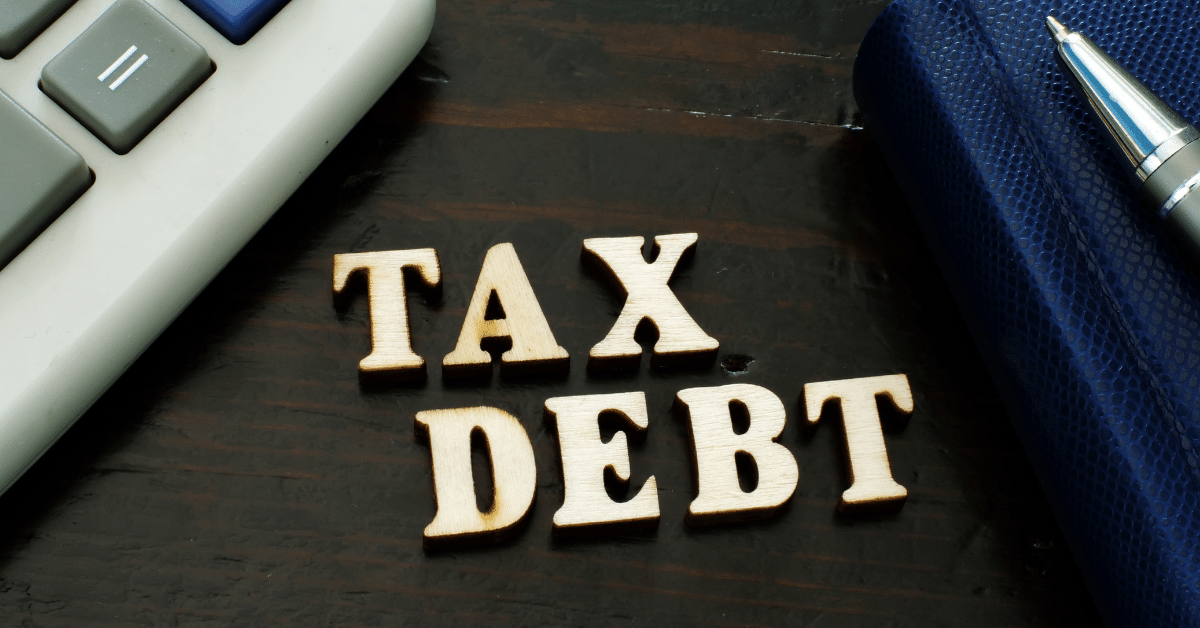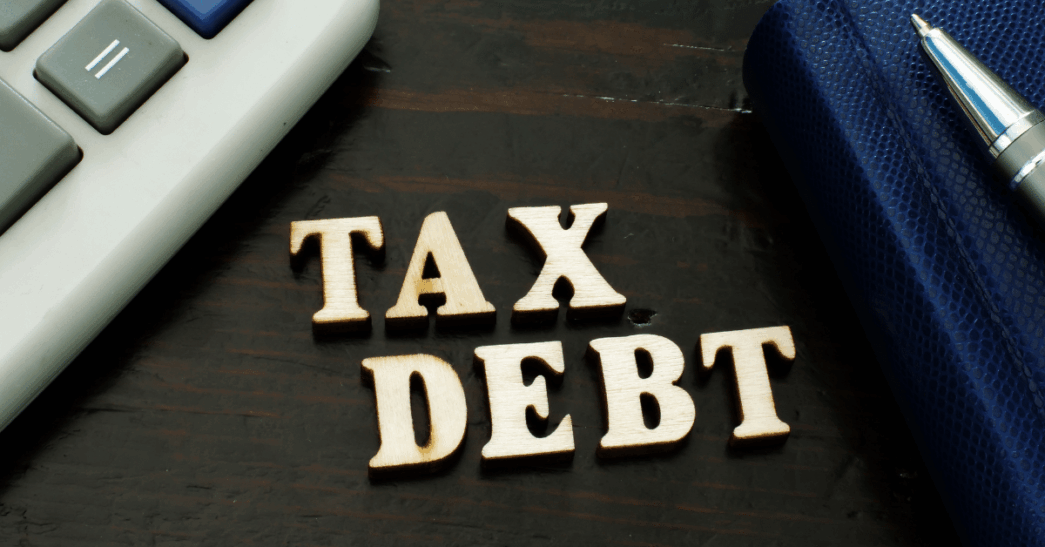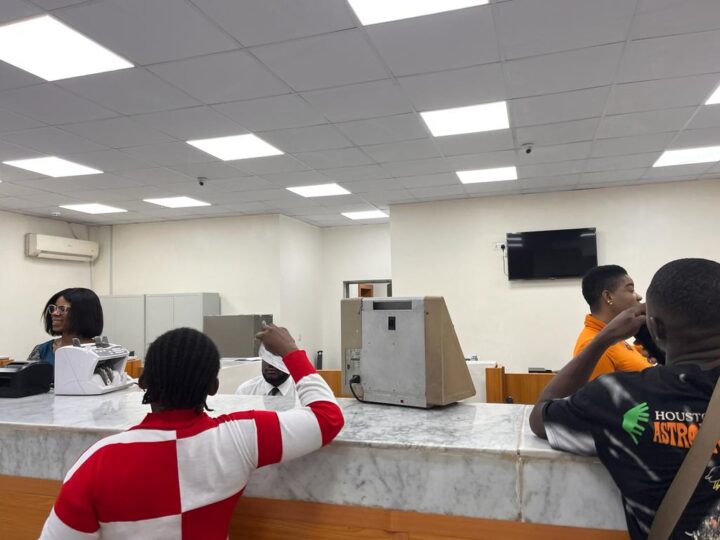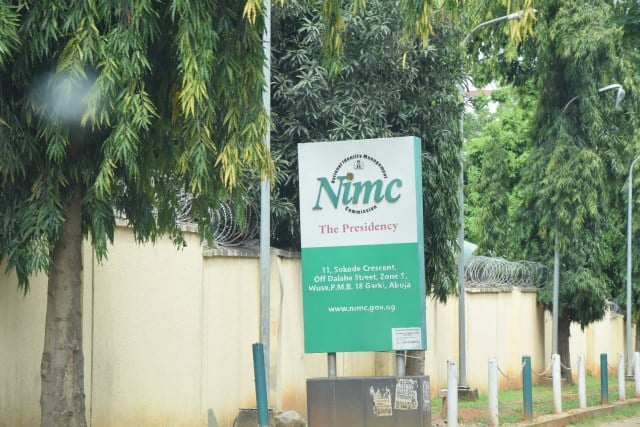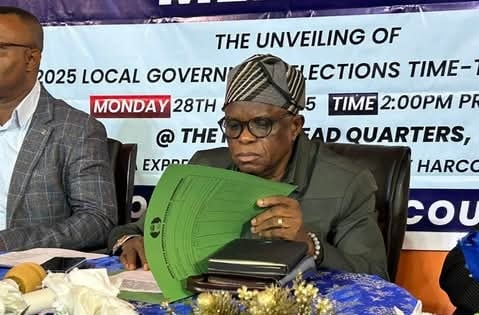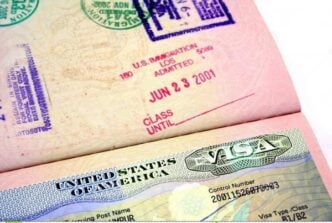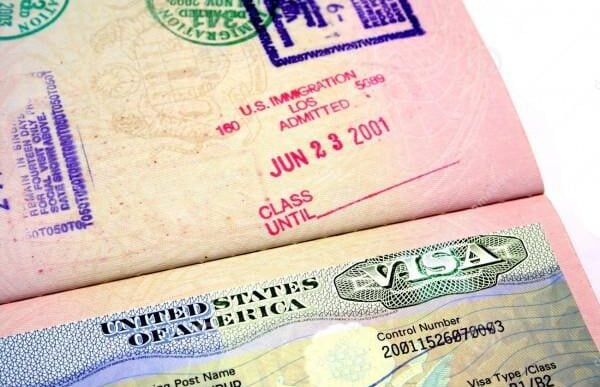The Nigeria Tax Administration Act (NTAA) says banks and other financial institutions will act as third-party debt recovery agents.
The Act, seen by TheCable, said the tax authority may transfer the responsibility for tax debt recovery to a third party only when all legal avenues have been exhausted.
According to the NTAA, third-party agents will also be deployed if the debt is of significant value.
“The relevant tax authority may assign outstanding tax debts, in whole or in part, to an accredited third party who shall assume responsibility for recovering the tax debts in accordance with the provisions of this Act or regulations issued by the Service,” the legislation read.
Advertisement
“The relevant tax authority shall only assign outstanding tax debts to a third party where all legal steps for tax debt recovery under this Act have been exhausted, including notifications, payment demands, and enforcement actions.
“The debt to be recovered is deemed to be of significant value and has been outstanding for a period considered appropriate by the relevant tax authority.”
The law further stipulates that any taxpayer whose debt is handed over to a third party must receive a written notification, including the details of the party responsible for the debt recovery.
Advertisement
The NTAA also empowers the tax authority to revoke the assignment at any time and resume responsibility for the recovery process, if necessary.
“For the purposes of this section — “third party” includes banks and other financial institutions, debt recovery practitioners, or any other person accredited by the relevant tax authority,” the Act said.
‘DEBT RECOVERY LAW DOESN’T WEAKEN REVENUE AGENCIES’ POWERS’
Commenting on the provision, Dare Adekanmbi, the FIRS spokesperson, said the law allowing accredited third parties to recover outstanding tax debts does not diminish the powers of the tax authority.
Advertisement
He also clarified that the provision refers to “relevant tax authority,” which includes state-level revenue agencies.
“New as this is, it does not in any way suggest a weakening of the powers of the tax authority to collect revenue,” he said.
“Furthermore, the section refers to “the relevant tax authority” which means state inland revenue boards can also act similarly. It does not necessarily mean FIRS (NRS) alone.”
Adekanmbi said the inclusion of the provision is aimed at modernising Nigeria’s tax administration system to reflect global best practices and align with President Bola Tinubu’s vision “as outlined in his inauguration speech to Nigerians”.
Advertisement
Prior to the new law, TheCable understands that the FIRS pursued its debtors to the tax appeal tribunal and up to higher courts through its lawyers.
An economics expert said the agency had always used third parties, but only to the extent of tax audits.
Advertisement
He said the plan to incorporate banks into the system is an additional recovery route, but expressed concern about the implementation mechanism.
Advertisement
